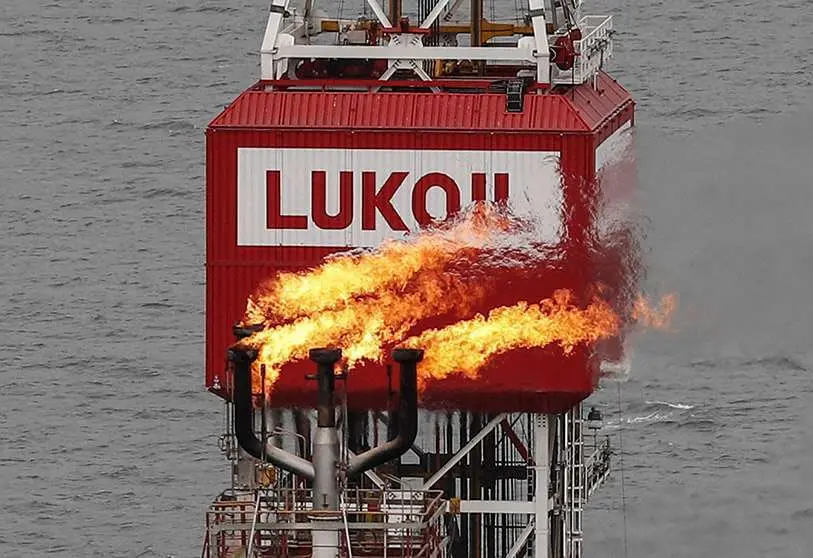Spain and its plan for war

The year 2022 began with the expectation of defeating SARS-CoV-2 amid rumours that the WHO might declare the pandemic over this year. All countries had their sights set on one word: coronavirus-free recovery.
We had not finished licking our wounds, after the economic destruction wrought by closures and forced confinements, to contain the slowdown in contagion and the invasion of Russian troops in Ukraine reminded us that the scenario can change in the blink of an eye.
The war has been a tsunami for the markets, especially for commodities, which have exploded. In little more than a month, an unmitigated disaster has occurred: not only has the Moscow Stock Exchange been closed for four weeks, but we have witnessed a series of ironclad sanctions against Russia, its president, its ministers, its congressmen and even its oligarchs and millionaire businessmen have been prosecuted.
The United States, the European Union (EU), Canada, Australia, Japan and other countries are aware that with such measures to force the dictator Vladimir Putin not only to ceasefire but also to withdraw troops from Ukraine, they have also shot themselves in the foot. They have thus chosen moral condemnation, even if they suffer economic damage as a collateral consequence of the sanctions imposed.
US President Joe Biden himself acknowledges the dilemma to his businessmen and is convinced that in the end he will come out of it with a stronger economy, while wielding the rhetoric of defending the free world.
Here in Europe, the consequences are enormous. Everything costs more money, especially fruit, vegetables, fresh meat, fish and not to mention petrol, which has risen to over 2 euros per litre; almost fifty pesos per litre of petrol in countries such as Spain.
But the devastation is widespread because Europe has many economic weaknesses as a net importer of energy, especially on its most vulnerable flank.
If the pandemic has left clear lessons, not only at the national level but also at the international level, highlighting the shortcomings of international organisations (with the good will to improve all the bad things and not make the same mistakes again), this invasion has brought to light the serious dependence of countries like Germany on Russian gas and oil.
The European Union's goal of decarbonisation after 2030 should make the pursuit of energy self-sufficiency based on clean and green energies an essential goal.
The use of nuclear power for electricity generation has been under debate for many years. Germany closed several of its plants during the Merkel era and tried to make it a common tone across the EU in the face of French opposition.
Spain has a more diversified energy basket. However, the ravages of high international oil prices have turned consumers and producers upside down. Inflation is running at 10%.
Under the pressure of the general strike in the transport sector, during the Council of Ministers in the Moncloa, the Shock Plan of Response to the War was approved.
The government of the socialist Pedro Sánchez is trying to square the circle in a country of 47 million inhabitants, just over 10 million of whom live in poverty and are at risk of falling into further marginalisation, affected by the poor state of prices and the rising cost of living.
The government's strategy involves a plan that will run until 30 June and consists of distributing 16 billion euros in various packages: between credits and subsidies.
While in Italy the government will subsidise every litre of petrol with 25 cents, in Spain it will only be 20 cents per litre. As for electricity (another of the big blows to citizens' pockets), VAT will remain at 10% for small consumers.
Rent reviews will not be able to be adjusted by more than 2% -until June- and the minimum living income inherited from the pandemic will go up by 15%.
The transport sector will be injected with 1 billion euros and a fund of 450 million euros in direct aid for freight and passenger carriers. There is also aid for agriculture, livestock and fisheries. It looks like a small programme that does not solve the Achilles' heel of an energy sector that has been held down by its production costs and straitjacketed by a series of draconian taxes. After 30 June, the headache will return...

